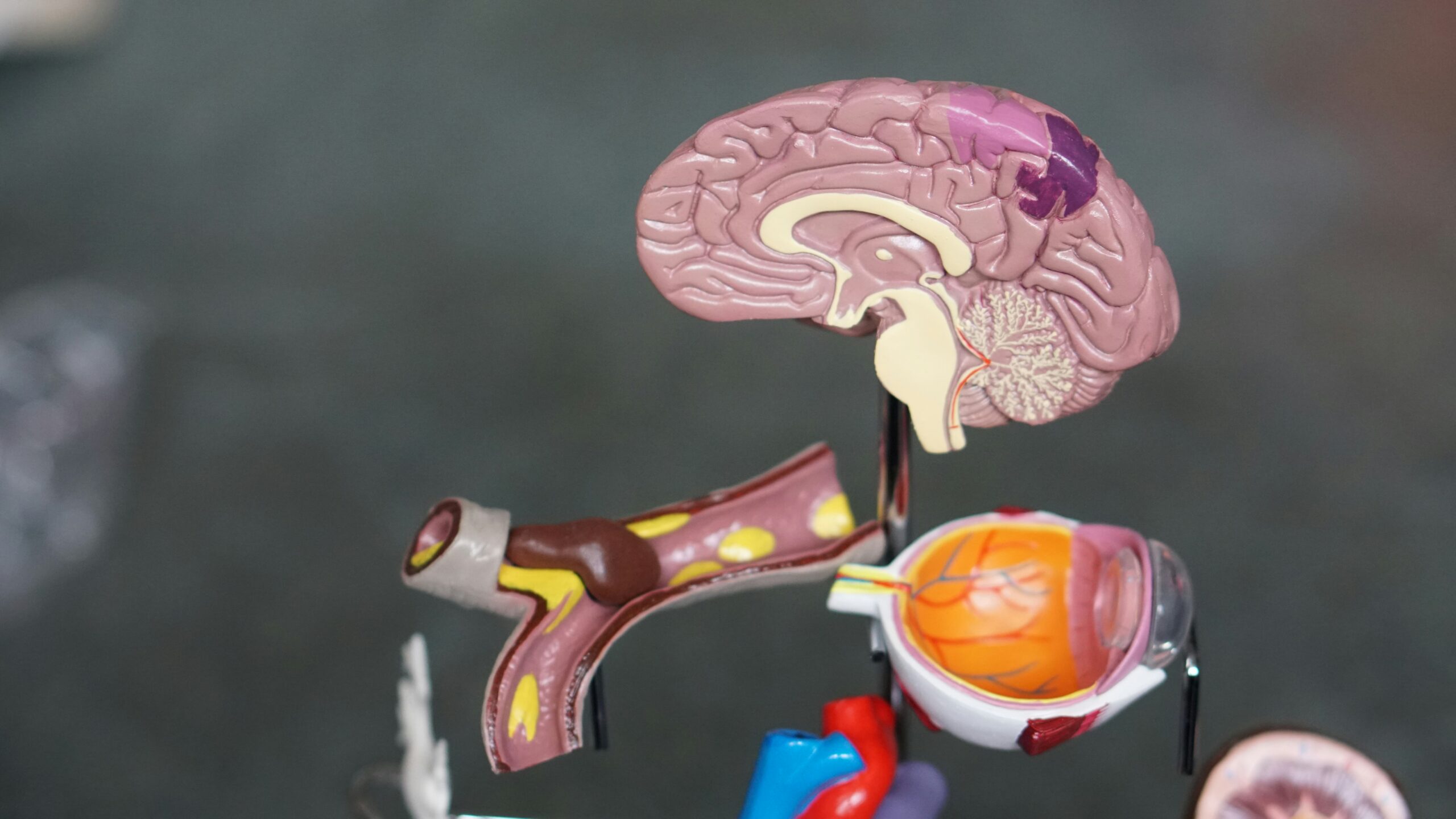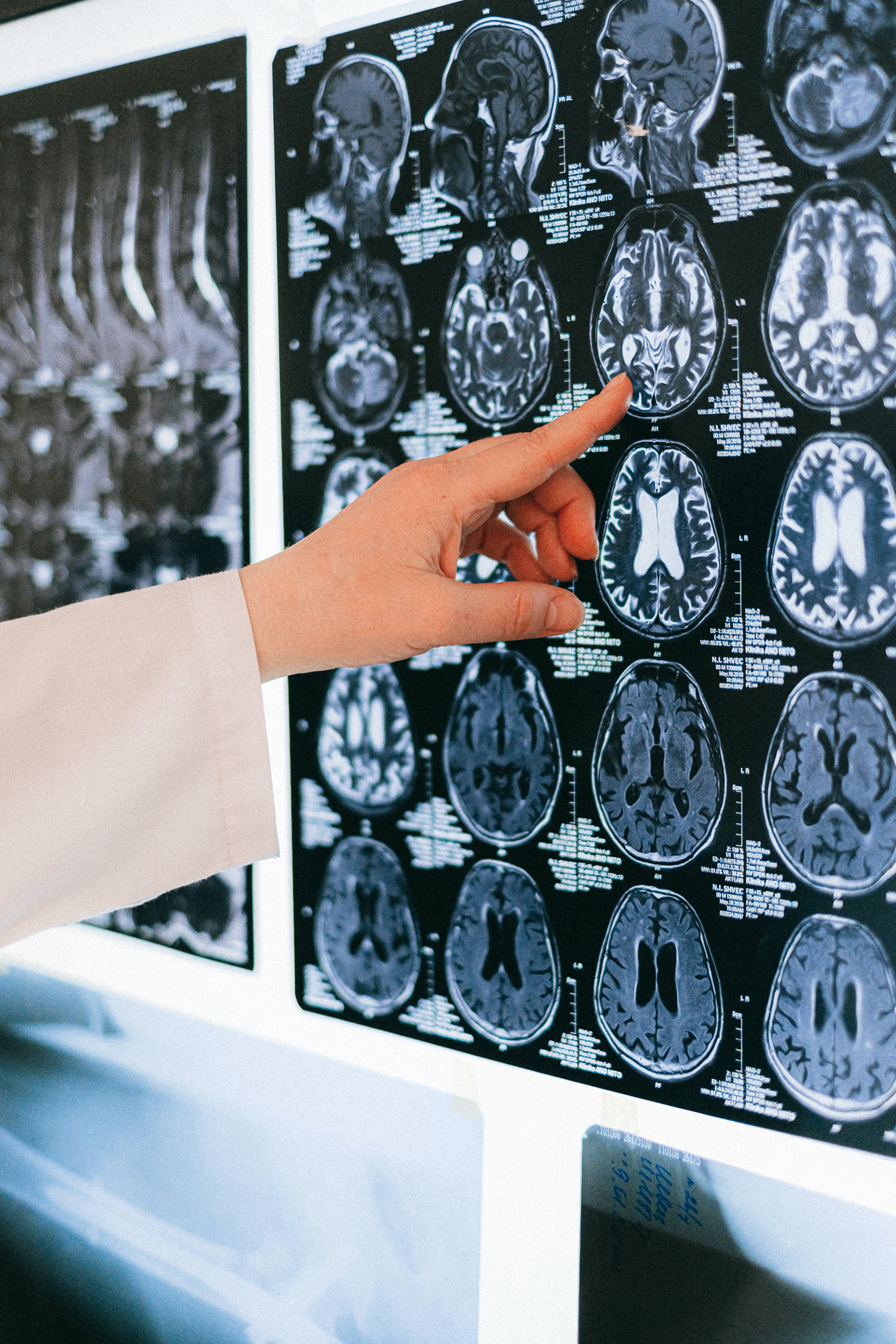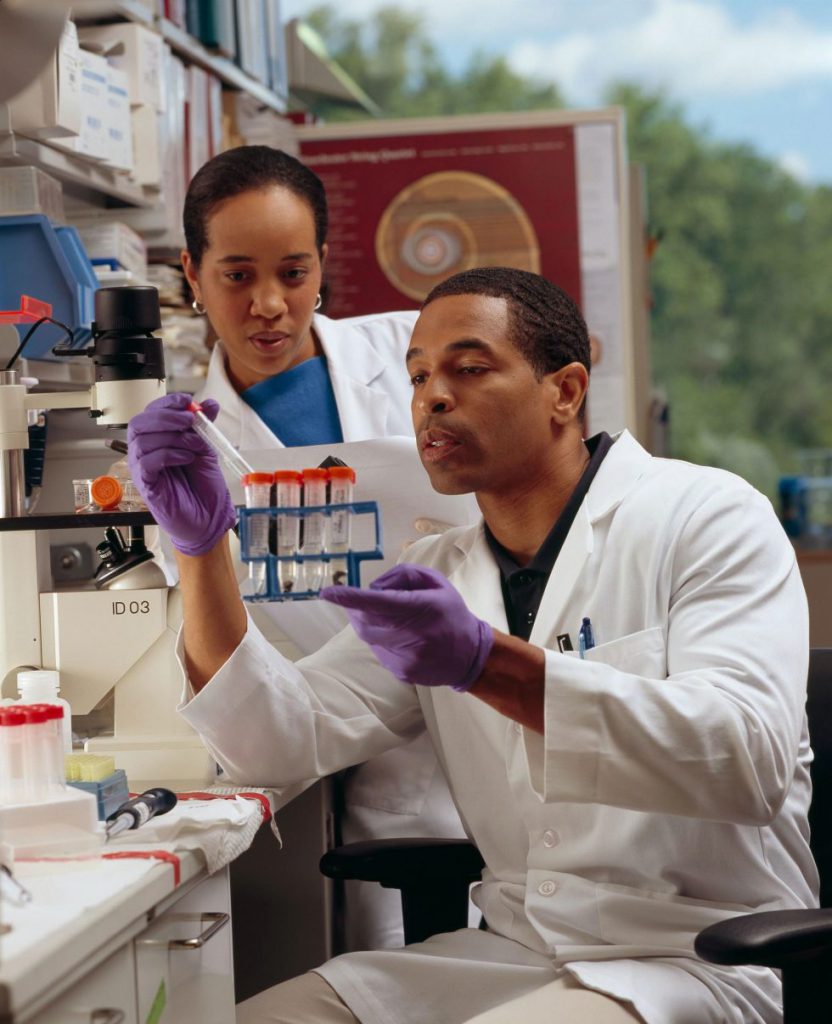In the U.S., a rare disease or disorder is defined as one that affects fewer than 200,000 persons. Cumulatively, more than 7,000 rare diseases affect more than 30 million Americans. [2] “As many as 95% of rare diseases have no specific treatment or curative options,” and the economic burden of all known rare diseases is estimated to be $7.2-8.2 trillion per year. [3] However, research on rare diseases and their treatments is important beyond addressing this enormous human and economic burden. Here are six reasons why this is true.

Advancing Our Knowledge of Human Biology and Rare Disease
When researching cellular and organ systems, we have only scratched the surface. The human body is complex, and many unknowns exist in cellular biology and organ function. Discovery and development research on rare disease therapies has the potential to lead to groundbreaking discoveries that could change the way we treat illnesses and diseases. The more we learn, the more we can improve our health and well-being. The available knowledge is just a tiny fraction of what we can achieve, and pushing the boundaries of scientific research allows us to unlock the secrets of the human body.

Uncovering Insights Inaccessible Via Traditional Experiments
Rare diseases, while unfortunate for those who suffer from them, provide researchers with a unique opportunity to study human system functions in a way that is impossible or unethical to recreate in the lab or clinic. By studying rare diseases, researchers can gain insights into the underlying mechanisms of how our bodies work and how diseases develop. Scientists, engineers, and innovators can use this research to develop treatments and therapies for other conditions. Therefore, continued investment in rare disease research can have far-reaching benefits for the medical community and society. Rather than seeing these diseases as a burden, we should view them as an opportunity to unlock the secrets of the human body and improve the lives of millions worldwide.

Acknowledging Every Condition Is An N of One
The promise of personalized medicine can potentially transform how we approach healthcare. By tailoring treatments to each individual, we can improve patient outcomes and reduce the burden of illness and disease. However, this approach also means that all conditions become effectively rare diseases. Each patient has a unique genetic makeup and medical history, which means that treatments that work for one person may not work for another. Investing in rare disease research allows us to understand better the complex interplay between genetics, environment, and disease. By doing so, we can develop more effective and individualized treatments.

Inventing The Rare Disease Research Tools of the Future
Addressing the technical challenges of rare disease research allows us to develop new methods and tools for broader preclinical and clinical research. Technical challenges can include anything from improving data analysis methods to enhancing the accuracy of imaging techniques. By overcoming these challenges, we can improve the accuracy and reliability of our studies, leading to better patient outcomes. Adapting new platforms like AI and additive manufacturing will open new investigative pathways and uncover novel therapeutic modes.

Creating Meaningful And Inspiring Work for Thousands
Solving the puzzles in rare disease research is an intellectually and creatively challenging task that provides tremendous rewards. Researchers in the Rare community constantly push the boundaries of knowledge, seeking to unravel the natural world’s mysteries. While the field is complex and challenging, it is also gratifying. Scientists, engineers, and innovators have the opportunity to work on cutting-edge projects that can significantly impact society. The opportunities for creativity and exploration are endless, whether developing new drugs, devices, diagnostics, or digital therapies. By pursuing a career in rare disease research, individuals can make a meaningful contribution to society and shape the future of healthcare and science for future generations.

Meeting This Remarkable Collection of Advocates Where They Are
The Rare community is its best advocate, and their insights and experiences can help us create a brighter future for healthcare. They are a compelling advocate for change in patient-focused drug development. By sharing their experiences and insights, members of the Rare community can positively impact the development of your medical product. As experts in the natural history of their condition, they are uniquely positioned to provide valuable feedback on the effectiveness and accessibility of medicines, as they often have firsthand experience with the challenges of living with a rare disease. By listening to the voices of the Rare community, we can develop treatments that are more effective, accessible, and affordable for all patients. Therefore, we must continue working closely with our caregiver-client-family representatives to ensure their perspectives and needs are heard. By doing so, we can develop a more patient-focused approach to drug development that benefits everyone. The Rare community is its best advocate, and their insights and experiences can help us create a brighter future for healthcare.
The comparative biology of rare conditions gives researchers insights into the underlying mechanisms of how our bodies work and how diseases develop. Overcoming the challenges inherent in low-volume and individualized medicines provides a unique opportunity to address technical challenges and create new tools and techniques to benefit patients with all kinds of conditions. Innovators can then use this information to develop new treatments and therapies for a wide range of illnesses and diseases. The Rare disease community is a compelling advocate for change, providing valuable feedback on the effectiveness and accessibility of clinical research and therapeutic platforms. Ultimately, research into rare diseases can potentially transform the lives of millions of people worldwide, making it a crucial area of study for the future of healthcare.
Is someone you know affected by a rare condition? An excellent place to learn more is at the National Organization for Rare Disorders (NORD) website.
I also posted another Rare Disease article earlier this month.

References
[1] Grammarly. (2024). Grammarly (Jan 16 and 19 version) [Large language model]. https://app.grammarly.com/
[2] National Organization for Rare Disorders (NORD), Rare Disease Database website. Accessed January 16, 2024. https://rarediseases.org/rare-diseases/
[3] Pedro Andreu, PhD; Jenny Karam, PharmD; Caroline Child, BSc; Giacomo Chiesi, MBA; Gina Cioffi, JD, “The Burden of Rare Diseases: An Economic Evaluation.” Chiesi Global Rare Diseases, Report PP-G-0815 V1.0, February 2022. Accessed January 16, 2024. https://chiesirarediseases.com/assets/pdf/chiesiglobalrarediseases.whitepaper-feb.-2022_production-proof.pdf
